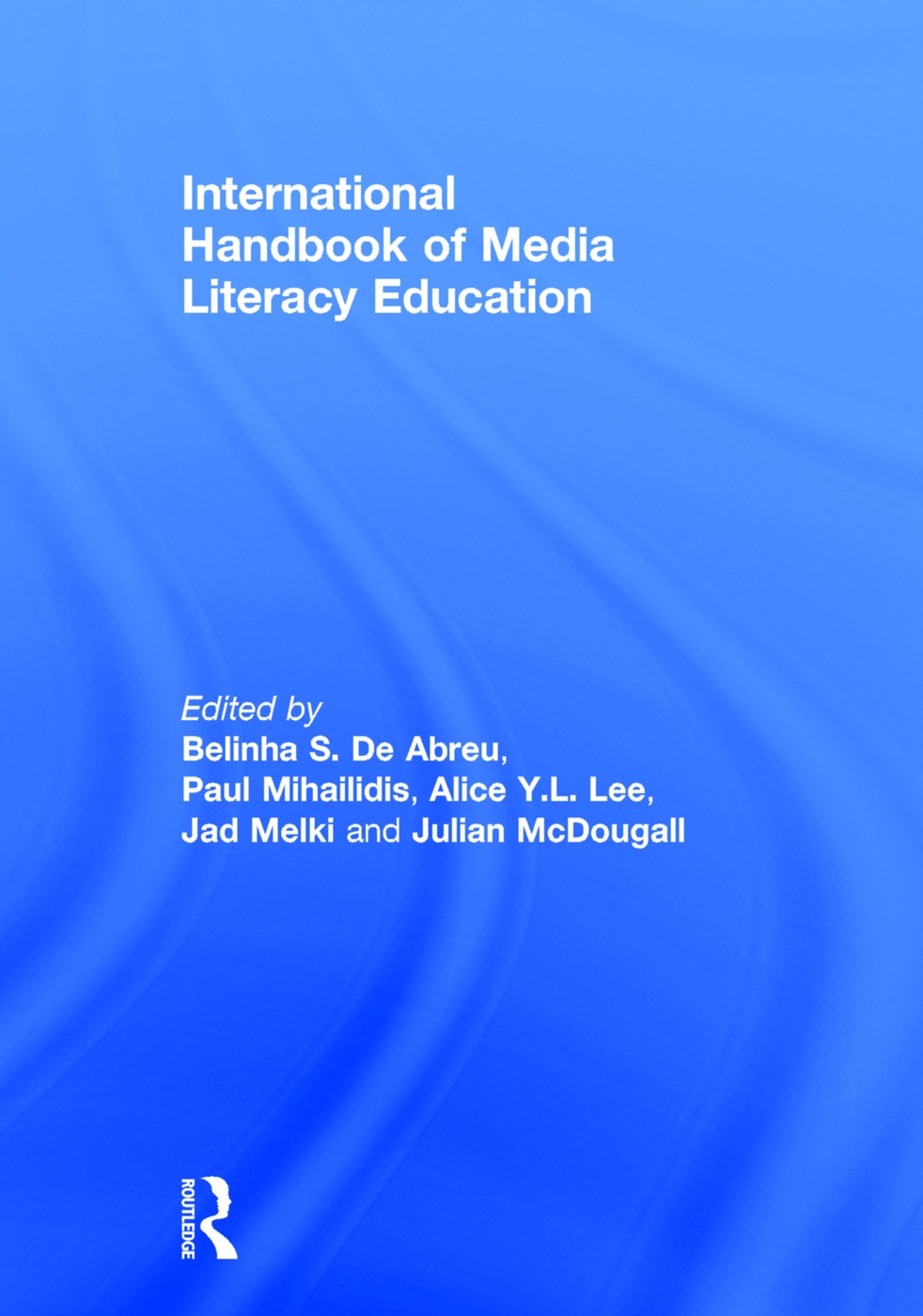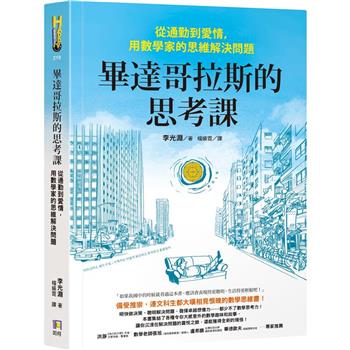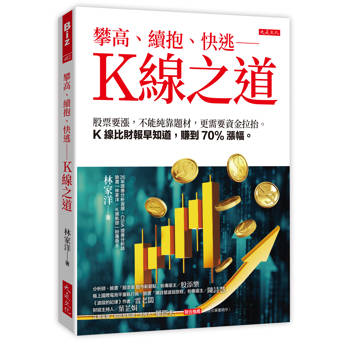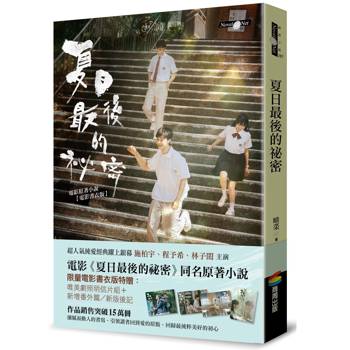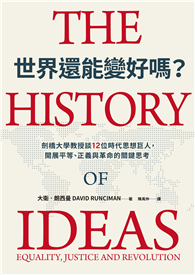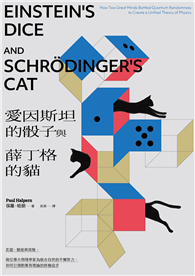The International Handbook of Media Literacy examines the theoretical, conceptual, pedagogical and methodological development of media literacy education and research around the world. Building on traditional media literacy frameworks in critical analysis, evaluation and assessment, it incorporates new literacies emerging around connective technologies, mobile platforms, and social networks. A global perspective rather than a Western-centric point of view is explicitly highlighted, with contributors from all continents, to show the empirical research being done at the intersection of media, education, and engagement in daily life.
Structured around five themes--educational interventions, privacy, civic engagement, creativity and production, and digital media literacy—the Handbook as a whole emphasizes the competencies needed to engage in meaningful participation in digital culture, including formal and non-formal pedagogy, activism, art, technology, civic interventions, and expression, amongst a wide landscape of work in the media literacy discipline.
